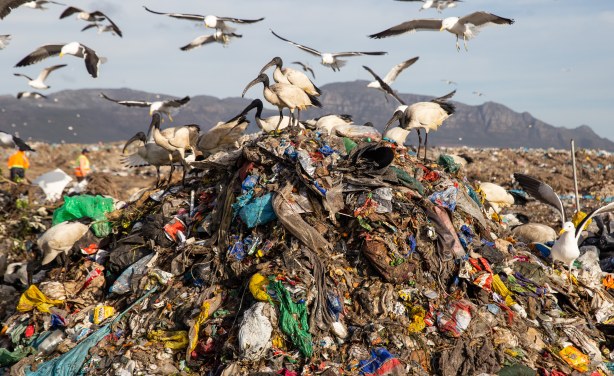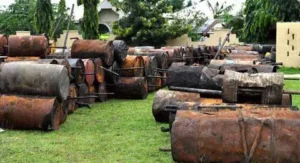
South African scientists have compared processes for converting waste plastic into energy or fuels and found that its potential exceeds that of coal, in terms both of energy yield per ton and of CO2 emissions, GroundUp reports.
The researchers used a methodology referred to as process targeting, which uses fundamental thermodynamics, rather than current performance, to compare alternative chemical pathways. “This is an exciting finding, because it means that waste plastic of suitable types can be permanently eliminated in a way which generates enough revenue to make it more valuable than coal. This means that there is, in principle, an economic incentive to replace coal extraction with waste plastic processes, with a net reduction in CO2 production. Good news all round, at least as far as the comparison with coal is concerned,” the researchers wrote.
This comes after the government announced that it currently has no plans to discontinue the use of coal as part of the country’s energy mix. While responding to oral questions in the National Assembly, Deputy President David Mabuza said that the country’s energy generation is guided by the Integrated Resource Plan (IRP) 2019. This means that all fuel sources – coal, gas and renewables – are all considered equally viable sources of energy.





